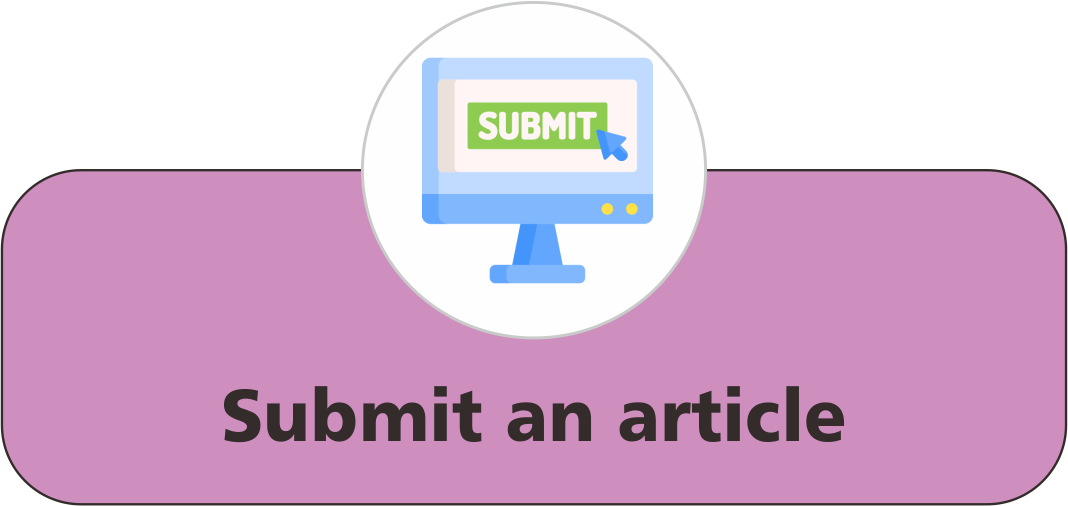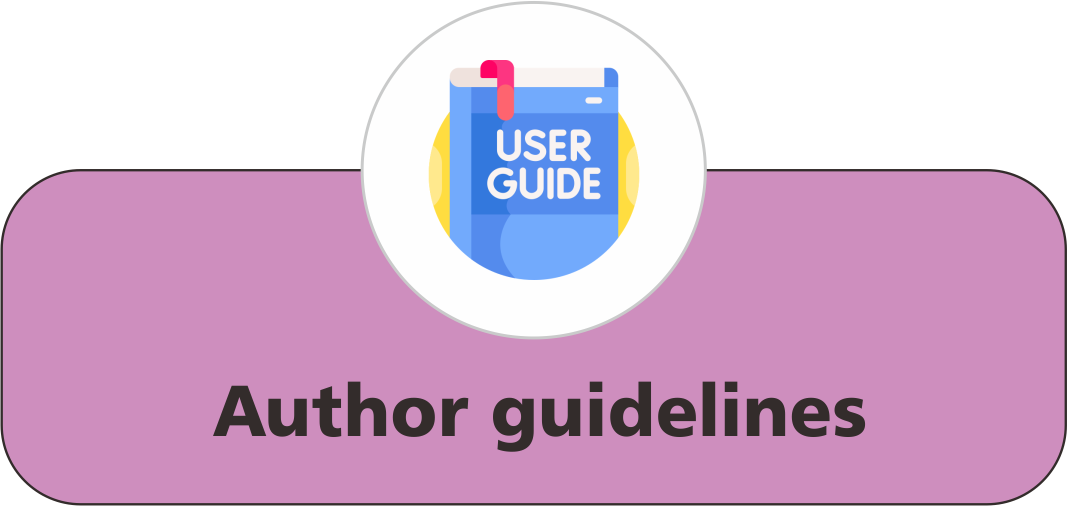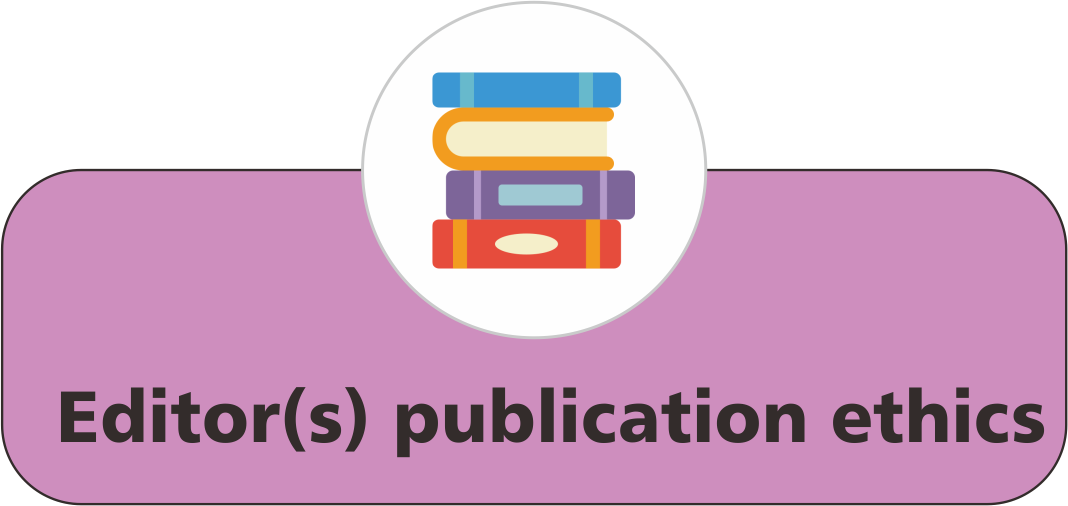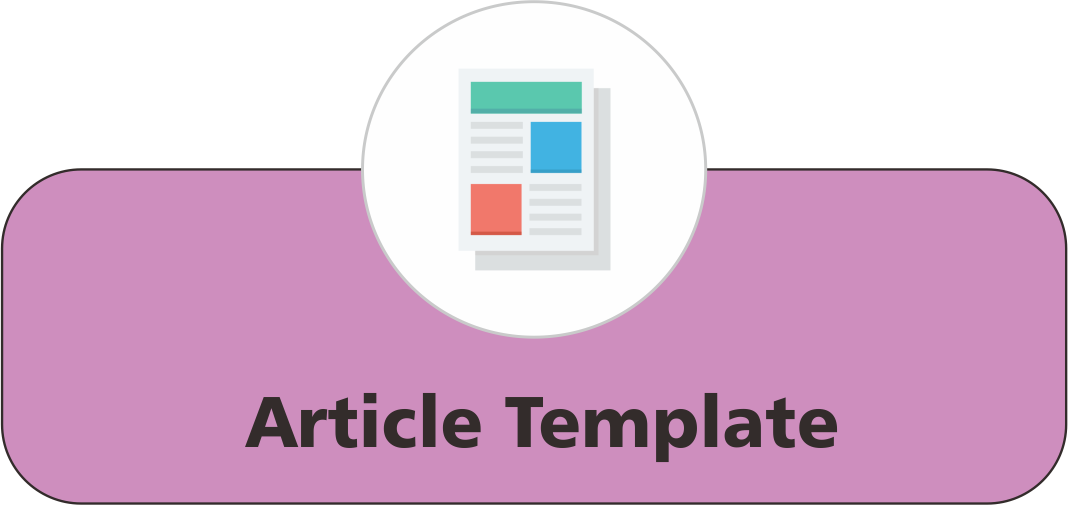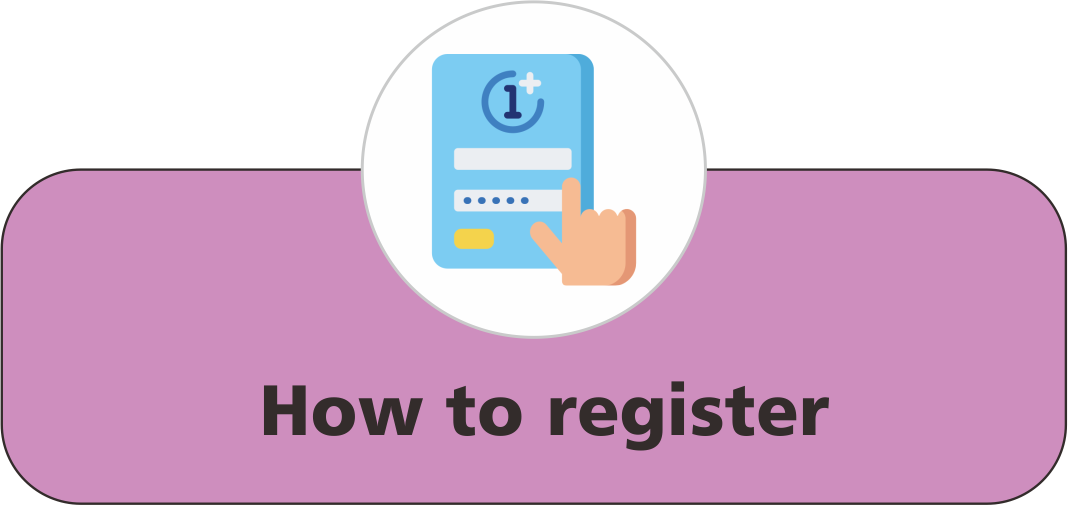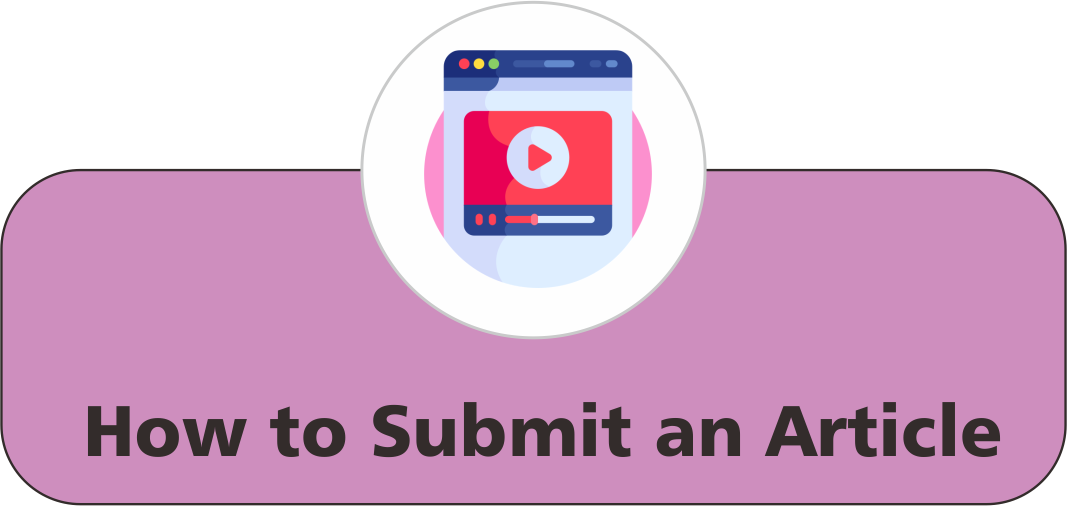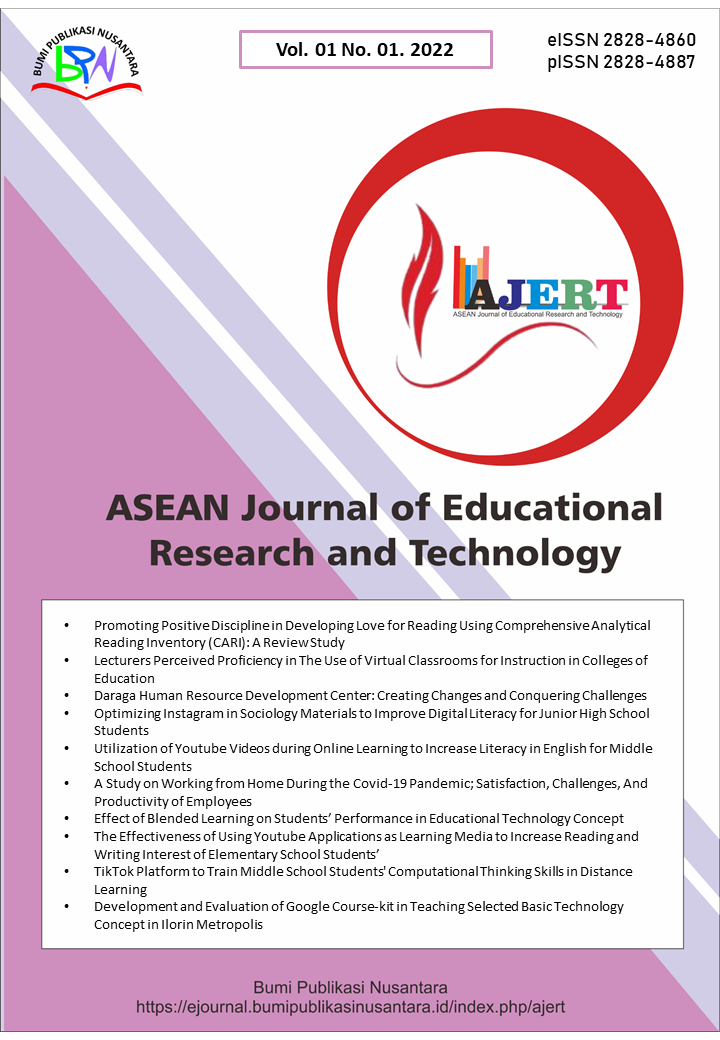The Role of Interactive Pedagogy for Educational Reform
 ), Nurmuhammadova Gulnoza Muhidin(2),
), Nurmuhammadova Gulnoza Muhidin(2),
(1) Chirchik State Pedagogical University
(2) Chirchik State Pedagogical University
 Corresponding Author
Corresponding Author
Abstract
Keywords
References
Agwu, U. D., and Nmadu, J. (2023). Students’ interactive engagement, academic achievement and self concept in chemistry: An evaluation of cooperative learning pedagogy. Chemistry Education Research and Practice, 24(2), 688-705.
Akram, H., Aslam, S., Saleem, A., and Parveen, K. (2021). The challenges of online teaching in COVID-19 pandemic: A case study of public universities in Karachi, Pakistan. Journal of Information Technology Education: Research, 20, 263-282.
Alvarez, C., Alarcon, R., and Nussbaum, M. (2011). Implementing collaborative learning activities in the classroom supported by one-to-one mobile computing: A design-based process. Journal of Systems and Software, 84(11), 1961-1976.
Cobo, C. (2013). Skills for innovation: Envisioning an education that prepares for the changing world. Curriculum Journal, 24(1), 67-85.
Collinson, V. (2004). Learning to share, sharing to learn: Fostering organizational learning through teachers' dissemination of knowledge. Journal of Educational Administration, 42(3), 312-332.
Dobber, M., Zwart, R., Tanis, M., and van Oers, B. (2017). Literature review: The role of the teacher in inquiry-based education. Educational Research Review, 22, 194-214.
Fichman, R. G., Dos Santos, B. L., and Zheng, Z. (2014). Digital innovation as a fundamental and powerful concept in the information systems curriculum. MIS Quarterly, 38(2), 329-A15.
Galdames-Calderón, M., Stavnskær Pedersen, A., and Rodriguez-Gomez, D. (2024). Systematic review: Revisiting challenge-based learning teaching practices in higher education. Education Sciences, 14(9), 1008.
Ghaleb, B. D. S. (2024). Effect of exam-focused and teacher-centered education systems on students’ cognitive and psychological competencies. International Journal of Multidisciplinary Approach Research and Science, 2(2), 611-631.
Godfrey, D. (2016). Leadership of schools as research-led organisations in the English educational environment: Cultivating a research-engaged school culture. Educational Management Administration & Leadership, 44(2), 301-321.
Ibarrientos, J.N. (2024). Competency level in information and communications technology (ICT) of teachers: Basis for a technological, pedagogical and content knowledge (TPACK) readiness training program. Indonesian Journal of Teaching in Science, 4(1), 47-60.
Koschmann, T. D., Myers, A. C., Feltovich, P. J., and Barrows, H. S. (1994). Using technology to assist in realizing effective learning and instruction: A principled approach to the use of computers in collaborative learning. The Journal of The Learning Sciences, 3(3), 227-264.
Lubis, M. S. A., Fatmawati, E., Pratiwi, E. Y. R., Sabtohadi, J., and Damayanto, A. (2022). Understanding curriculum transformation towards educational innovation in the era of all-digital technology. Nazhruna: Jurnal Pendidikan Islam, 5(2), 526-542.
Minor, L. C., Onwuegbuzie, A. J., Witcher, A. E., and James, T. L. (2002). Preservice teachers' educational beliefs and their perceptions of characteristics of effective teachers. The Journal of Educational Research, 96(2), 116-127.
Morales, J.B., Llanes, W.L.L., Cabaluna, J.M.M., Cordero Jr., R.D., and Bacatan, J.R. (2024). Analyzing the relationship between the sense of efficacy and technological pedagogical content knowledge of teachers. Indonesian Journal of Multidiciplinary Research, 4(1), 99-108.
Nurani, A.S., Mahmudatussa’adah, A., Karpin, K., Juwaedah, A., Setiawati, T., and Muktiarni, M. (2024). Interactive multimedia design of motion graphics using a project-based learning approach for vocational education students: Experiments in cooking taliwang chicken. ASEAN Journal of Science and Engineering Education, 4(2), 163-174.
Nurlita, A.A. (2023). Development of digital-based interactive teaching materials in draping courses. Indonesian Journal of Teaching in Science, 3(1), 97-104.
Park, M., and Son, J. B. (2022). Pre-service EFL teachers’ readiness in computer-assisted language learning and teaching. Asia Pacific Journal of Education, 42(2), 320-334.
Prasad, S., and Tata, J. (2003). The role of socio‐cultural, political‐legal, economic, and educational dimensions in quality management. International Journal of Operations & Production Management, 23(5), 487-521.
Tabulawa, R. (1997). Pedagogical classroom practice and the social context: The case of Botswana. International Journal of Educational Development, 17(2), 189-204.
Taylor, M., Klein, E. J., and Abrams, L. (2014). Tensions of reimagining our roles as teacher educators in a third space: Revisiting a co/autoethnography through a faculty lens. Studying Teacher Education, 10(1), 3-19.
Toh, Y., Hung, W. L. D., Chua, P. M. H., He, S., and Jamaludin, A. (2016). Pedagogical reforms within a centralised-decentralised system: A Singapore’s perspective to diffuse 21st century learning innovations. International Journal of Educational Management, 30(7), 1247-1267.
Toven-Lindsey, B., Rhoads, R. A., and Lozano, J. B. (2015). Virtually unlimited classrooms: Pedagogical practices in massive open online courses. The Internet and Higher Education, 24, 1-12.
Van Doorn, J. R., and Van Doorn, J. D. (2014). The quest for knowledge transfer efficacy: blended teaching, online and in-class, with consideration of learning typologies for non-traditional and traditional students. Frontiers in Psychology, 5, 324.
Vercellotti, M. L. (2018). Do interactive learning spaces increase student achievement? A comparison of classroom context. Active Learning in Higher Education, 19(3), 197-210.
Webb, N. M. (2009). The teacher's role in promoting collaborative dialogue in the classroom. British Journal of Educational Psychology, 79(1), 1-28.
Yuen, A. H., Law, N., and Wong, K. C. (2003). ICT implementation and school leadership: Case studies of ICT integration in teaching and learning. Journal of Educational Administration, 41(2), 158-170.
Article Metrics
Abstract View : 491 times
: 491 times Download : 195 times
Download : 195 times
Refbacks
- There are currently no refbacks.
Copyright (c) 2025 Bumi Publikasi Nusantara

This work is licensed under a Creative Commons Attribution-ShareAlike 4.0 International License.

